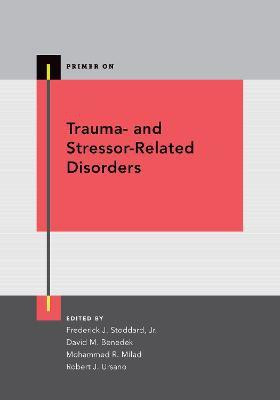Trauma- and Stressor-Related Disorders(English, Paperback, unknown)
Quick Overview
Product Price Comparison
Trauma, stress, and manmade and natural disasters are increasingly impacting individuals and communities. The clinical and scientific advances presented here strive to address the rapidly expanding individual and community burden of disease resulting from the experience of traumatic or stressful events. The authors describe the suffering which trauma- and stressor-related disorders (TSRDs) cause, and explain in 30 concise chapters the state of the science for the DSM-5 trauma- and stressor-related disorders with regard to pathogenesis, diagnostic assessment and approach to treatment. This volume presents the genetic, neurochemical, developmental, and psychological foundations and epidemiology of the trauma- and stressor-related disorders, in addition to specific guidance on screening and evaluation, diagnosis, prevention, and biological, psychological and social treatments. The chapters in this book cover a variety of TSRDs: posttraumatic stress disorder, acute stress disorder, adjustment disorders, persistent complex bereavement disorder, and reactive attachment and disinhibited social engagement disordersd. Graphics, including neuroimaging are integrated for easy reference and to aid grasping of key concepts. The book draws on the current literature and provides brief case scenarios from individuals and families exposed to psychological or physical traumas, including mass trauma events. Factors contributing to susceptibility to these disorders and to resilience are also addressed.Trauma- and Stressor-Related Disorders provides an in-depth yet succinct introduction to current clinical and research knowledge for trainees and for professionals including psychotherapeutic, psychopharmacological, public health, and policy interventions. It addresses the level of evidence for different best practices to target the disabling cognitive, emotional or behavioral symptoms for a specific patient or population.


